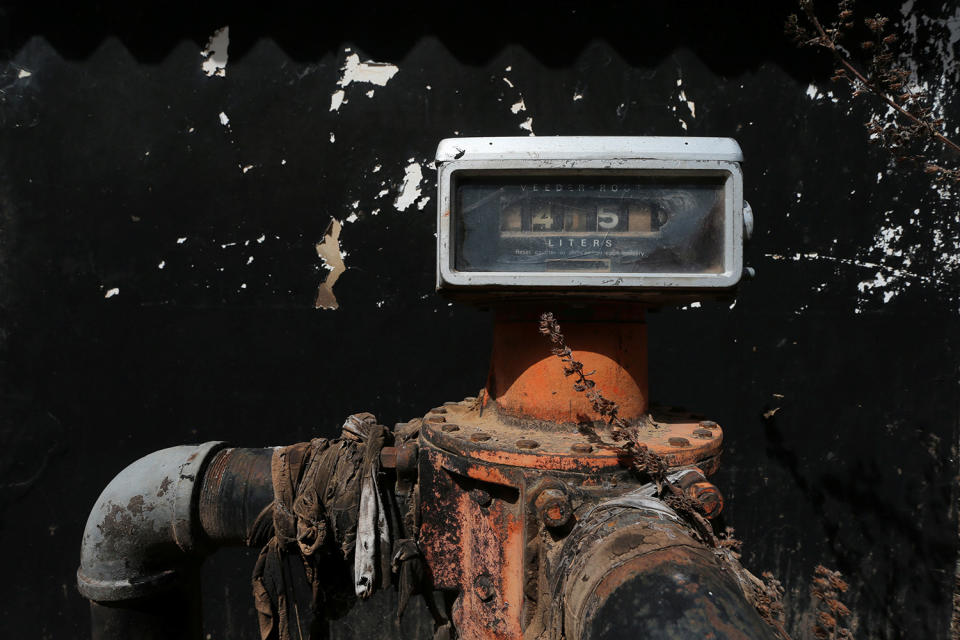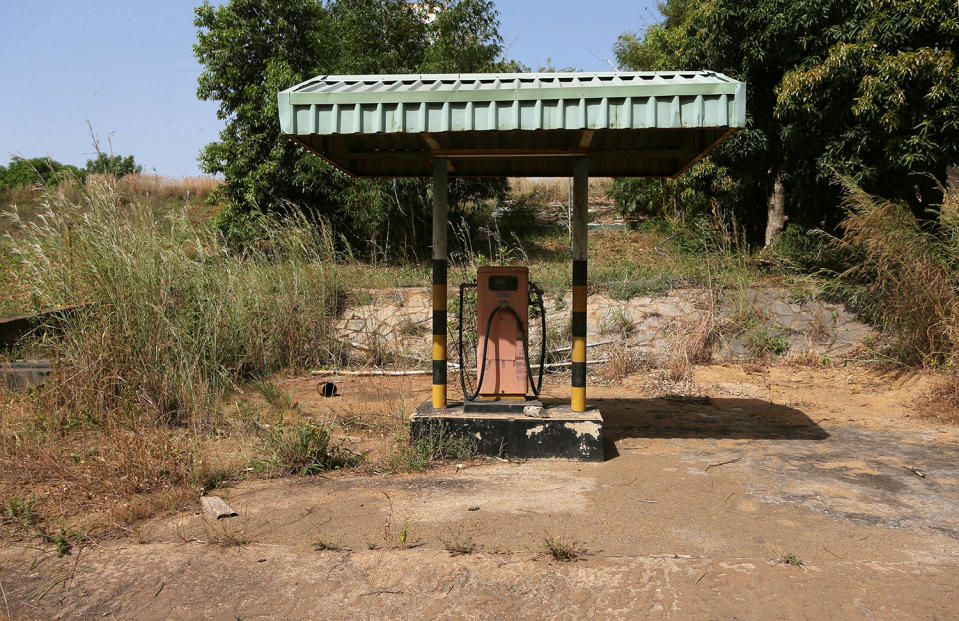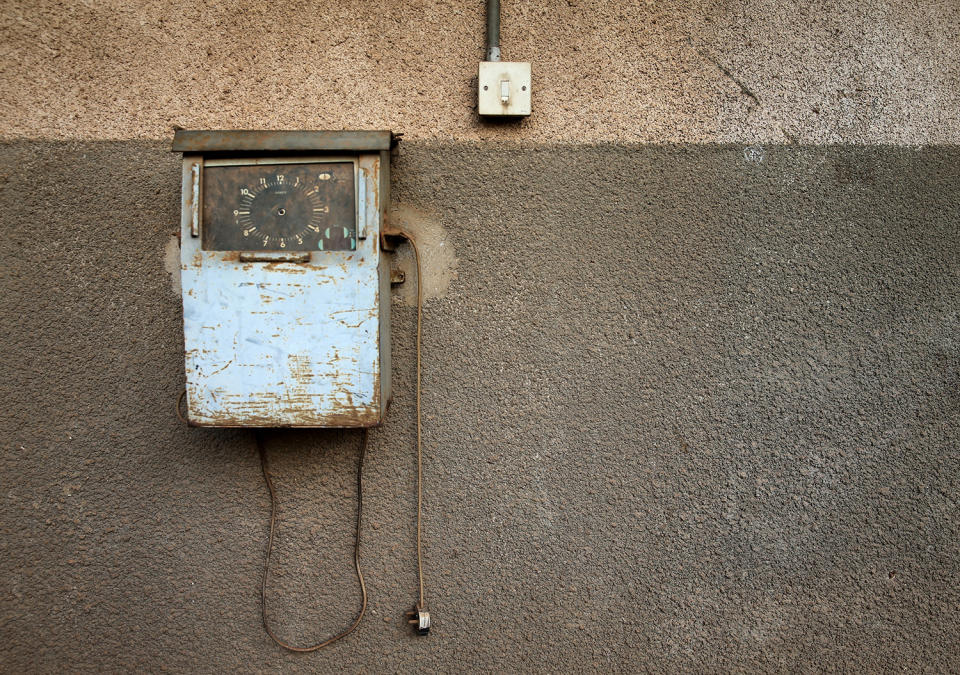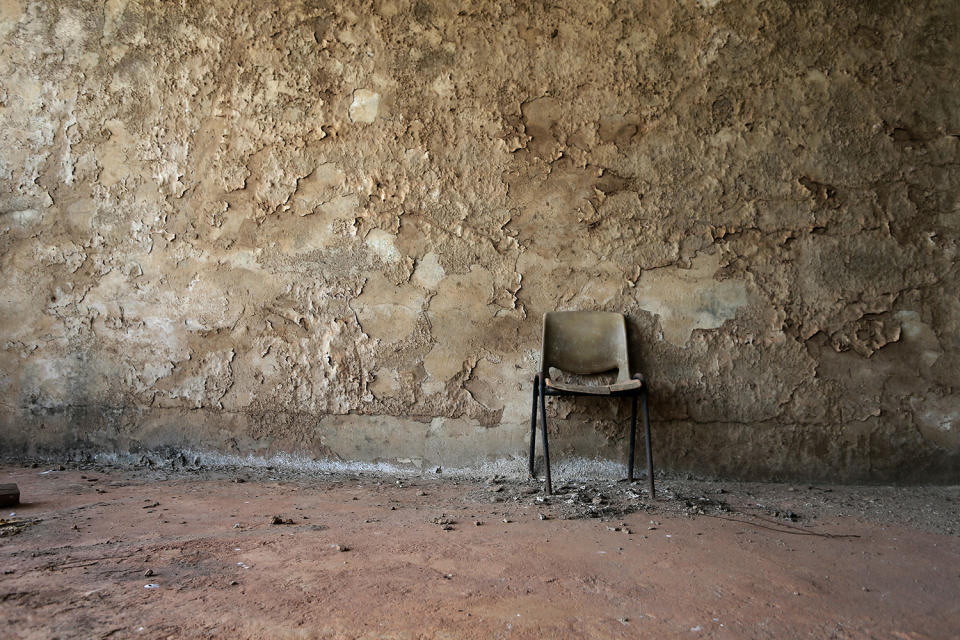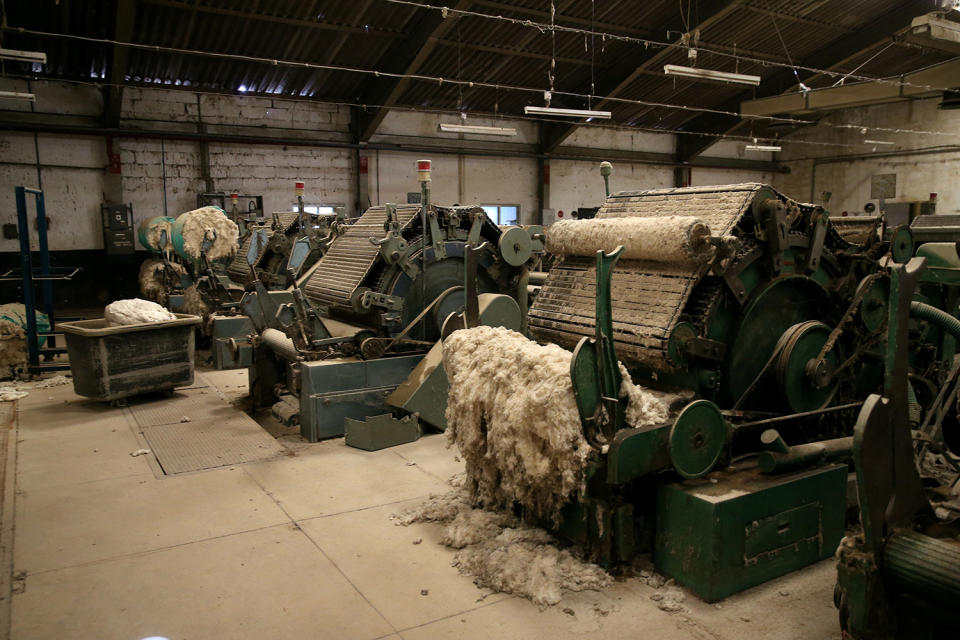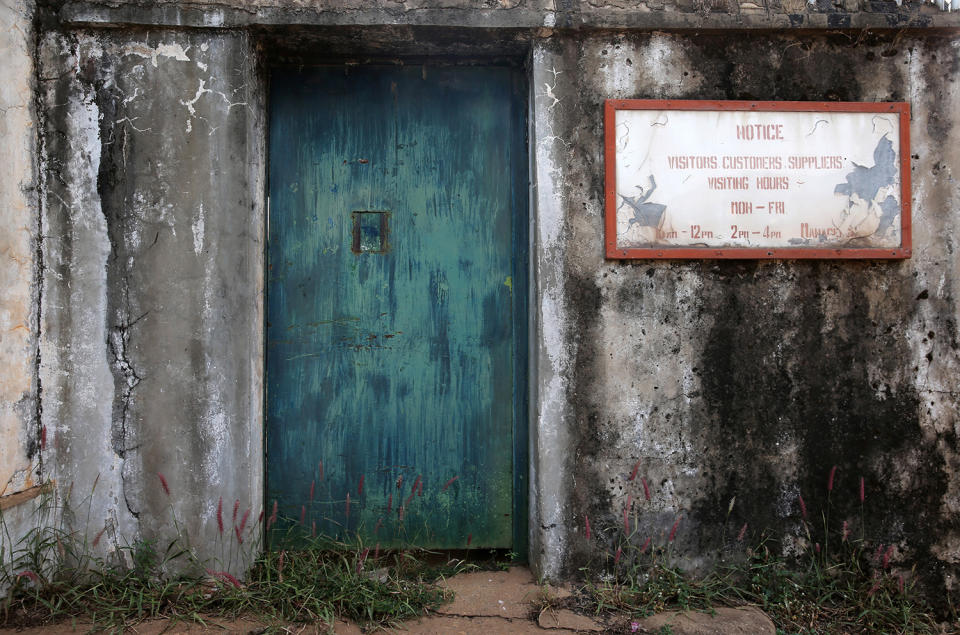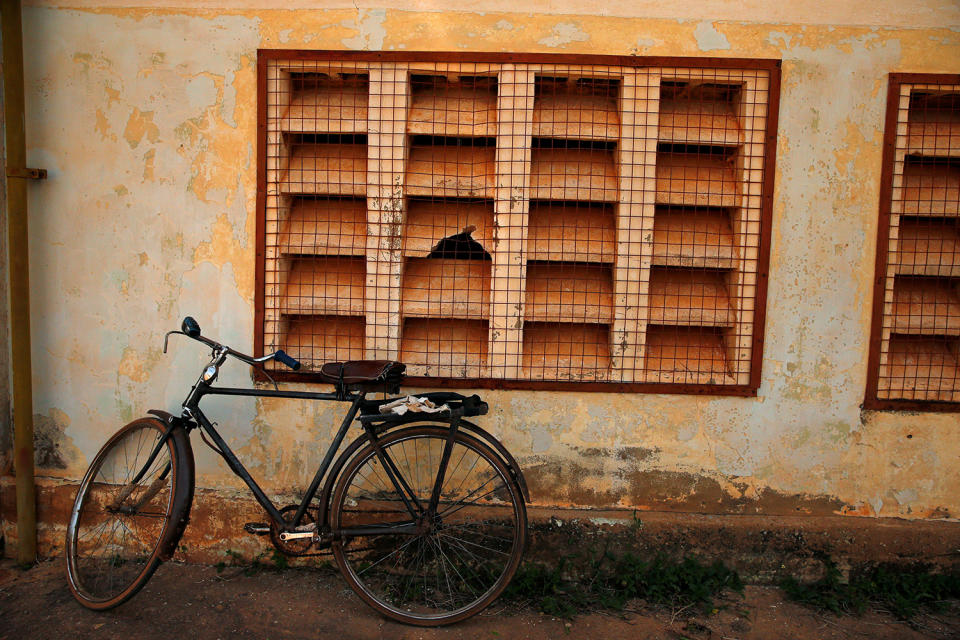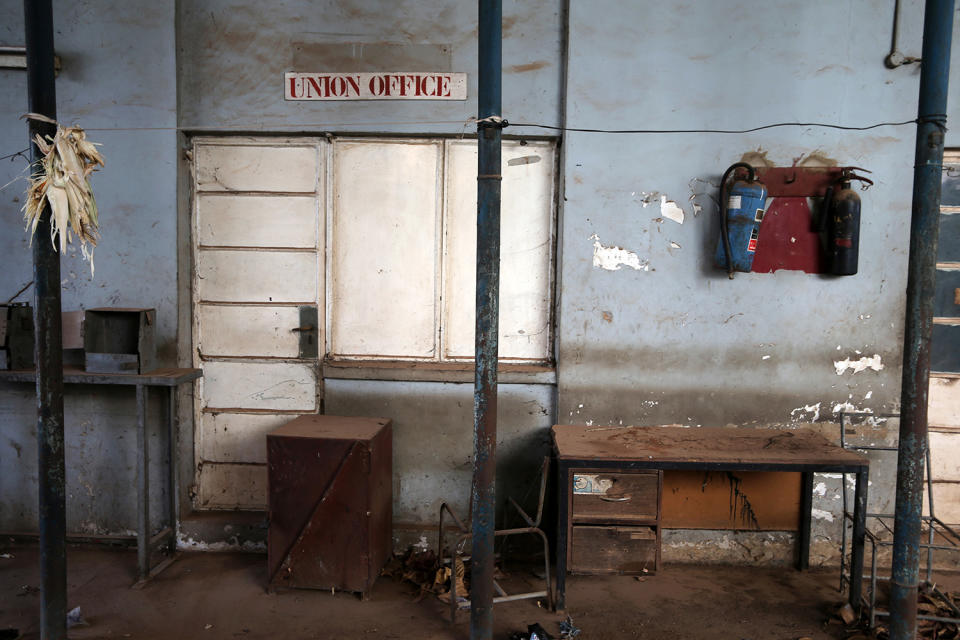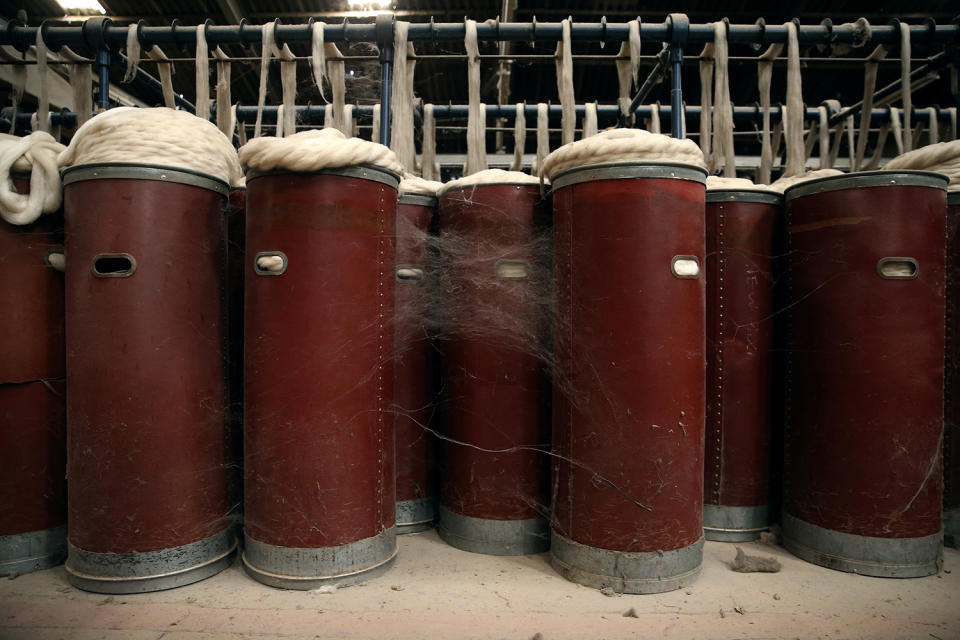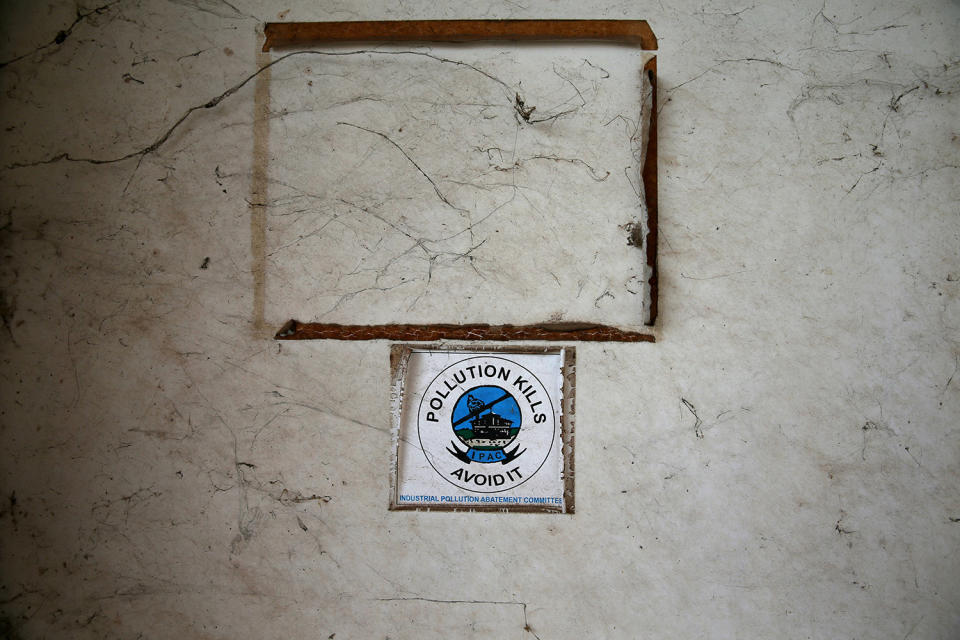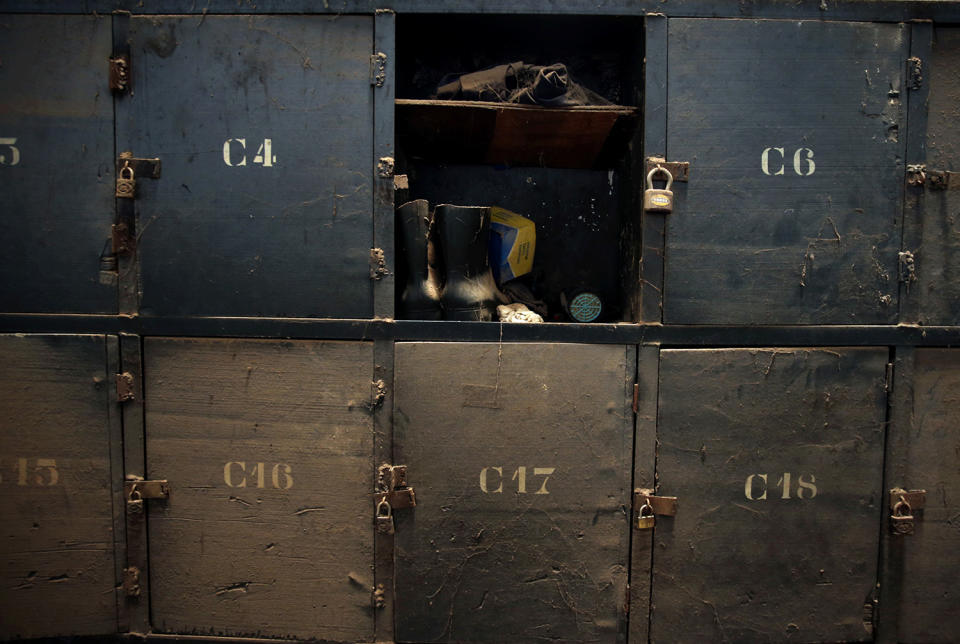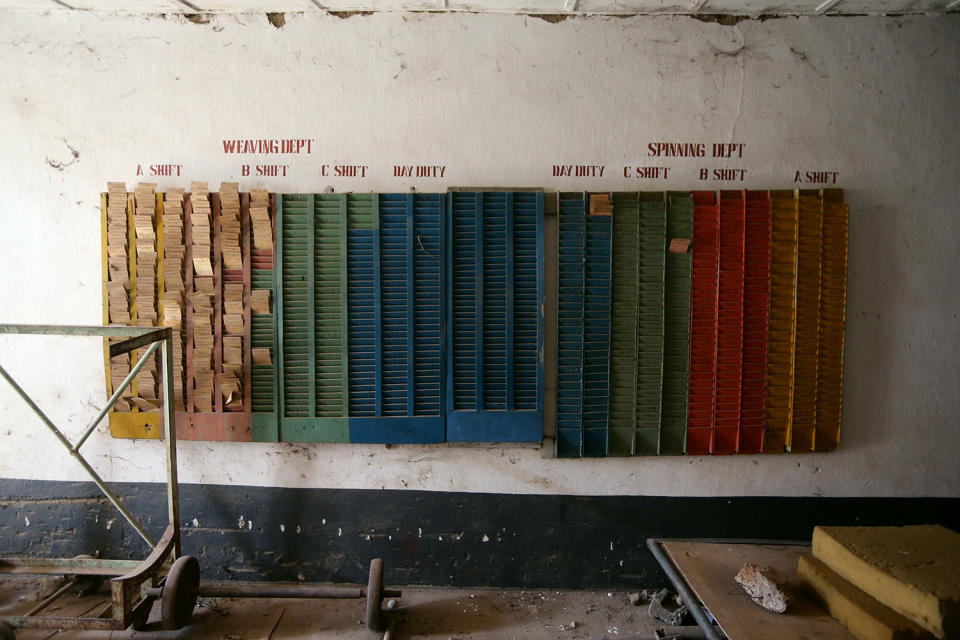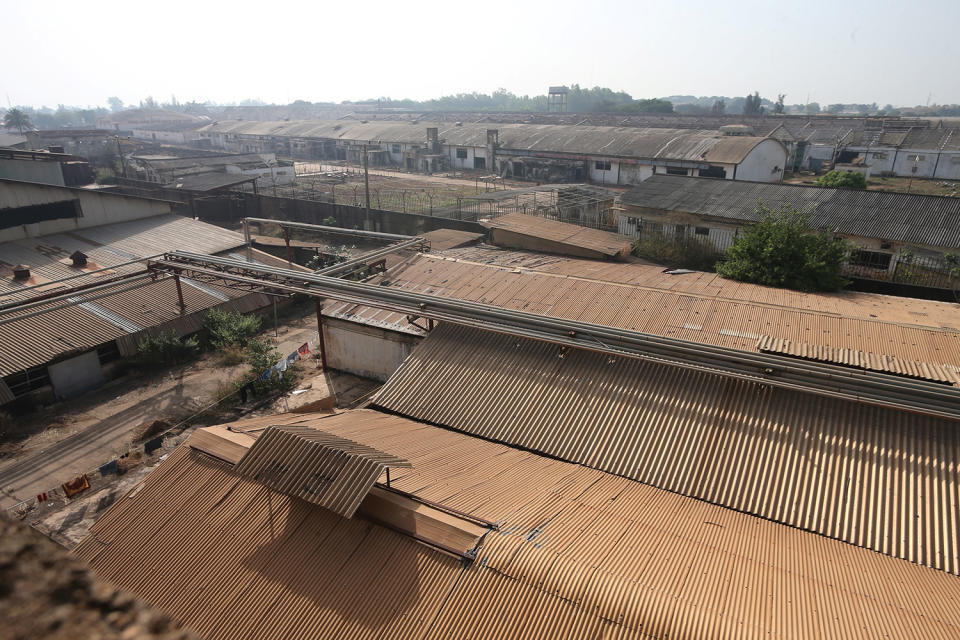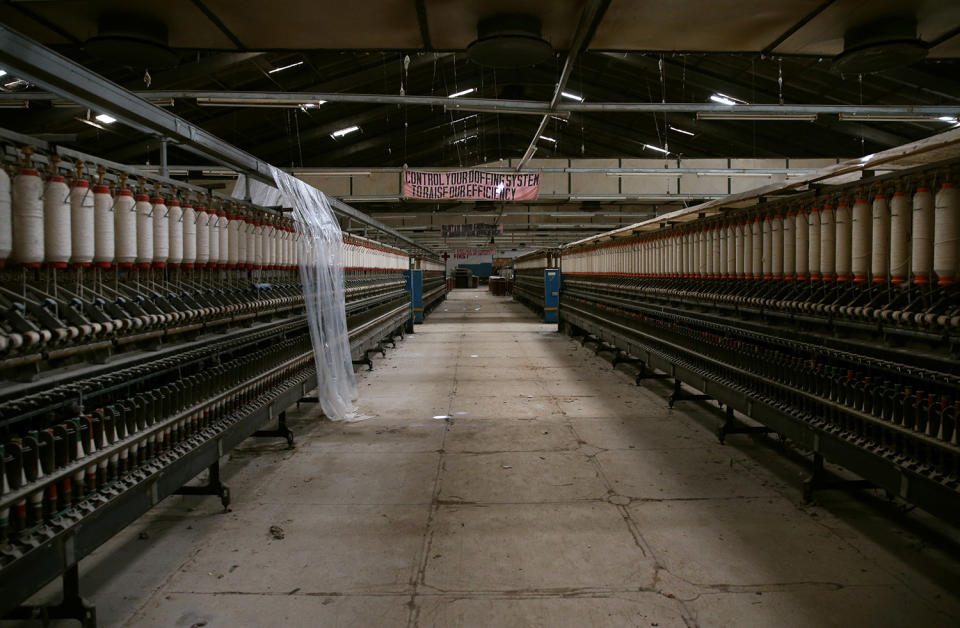Nigeria’s struggling textile industry
Talba Goni has been trying, without luck, to secure government funds or loans to restart a textile plant in Kaduna, the former industrial heartland in northern Nigeria, that he was running until it closed almost 15 years ago.
“We were not able to meet up with those conditions to access the funding. … The bureaucracy, you have to give this, you have to give that,” he said. “There should be concessions, like the company income tax, a waiver for about three to four years.”
Most importantly, Goni is unable to get enough petrol to power the plant’s generators, as the major oil-producing country is grappling with fuel shortages due to its derelict refineries.
“We can’t operate without black oil [petrol]. It’s very expensive and also very scarce,” he said.
President Muhammadu Buhari hopes to revive the once-flourishing textile and leather industries in northern Nigeria to end the country’s dependence on oil exports and diversify Africa’s biggest economy.
But a collapse in vital oil revenues has pushed the West African nation into its first recession in 25 years, making it difficult to provide state loans or improve the erratic power supply that has led to the closure of most plants.
Adding further woes, a central bank decision to keep the naira currency at a high rate versus the dollar has deterred foreign investors who fear they may eventually get caught in yet another devaluation.
There have been some limited Chinese investments in recent years into what is left of Nigeria’s leather and textile industry, but most plants have remained closed since throwing in the towel in the 1980s and 1990s. (Afolabi Sotunde/Reuters)
See more news-related photo galleries and follow us on Yahoo News Photo Tumblr.



